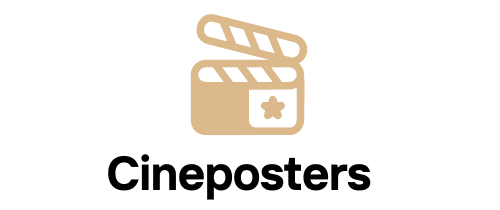In a world of rapid technological evolution, where artificial intelligence (AI) increasingly shapes our daily lives, a fundamental question arises: can chatbots replace teachers in the learning process? This question raises heated debates, combining educational, ethical and societal aspects. This guide offers you the benefits and limitations of chatbots in education, as well as the implications of their use for the future of learning.
Introduction to Chatbots and Machine Learning
Before delving deeper into the primary role of chatbots in education, it helps to understand what they are and how they work. For example, you can leveraging chat GPT for more natural and intelligent responses. Indeed, chatbots are computer programs designed to simulate human conversation via text or voice interfaces. They use artificial intelligence algorithms to interpret user queries and provide them with relevant responses in real time.
A voir aussi : Artificial intelligence: a new ally for photographers
In the field of automated learning, chatbots are used to provide personalized support to learners. Thanks to their potential to analyze data and adapt to individual needs, chatbots can provide advice, explanations and exercises tailored to each student.
The benefits of chatbots in learning
The advantages of chatbots in learning are numerous and varied. These mainly include increased accessibility, personalization of learning, immediate feedback, unlimited resources, etc.
A lire également : What is the future of AI in legal research and analysis?
Increased accessibility
One of the main advantages of chatbots in the field of learning is their potential to provide increased accessibility to educational resources. Chatbots can be available at any time, 24/7. Unlike human teachers who have limited schedules and restricted availability periods, chatbots can meet the needs of students at any time of the year. the day.
Personalization of learning
By analyzing the behavior and performance of each learner, chatbots can provide activities and content tailored to their specific needs. This makes it possible to reinforce individualized learning.
Immediate feedback
Unlike human teachers who may be limited by time and resources, chatbots can provide instant feedback to students. Which helps them correct their mistakes and progress more quickly.
Unlimited resources
Chatbots can access an unlimited amount of online educational resources. Indeed, chatbots can be programmed to access a vast library of educational content, including courses, videos, articles, practical exercises, and more. This diversity of resources allows students to study different topics and choose the materials that best suit their learning preferences.
The limits of chatbots in learning
Despite the many benefits of chatbots in learning, they also have limitations. These are the lack of emotion and empathy, the complexity of human interactions, the limits of textual understanding, technological dependence, etc.
Lack of emotion and empathy
Unlike human teachers who can form emotional connections with their students, chatbots lack the ability to express emotions and provide empathetic support. Which may be essential for some learners.
Complexity of human interactions
Learning is not limited to the transmission of knowledge. It also involves social and emotional interactions. Chatbots may struggle to understand and adequately respond to the complexity of human interactions in a learning context.
Limits of contextual understanding
Although chatbots are able to understand and answer specific questions, they may struggle to grasp the broader context in which those questions are asked. Which can limit their potential to provide accurate and relevant answers.
Technological dependence
The widespread use of chatbots in education could lead to an over-reliance on technology, to the detriment of developing social and problem-solving skills in students. Which can lead to a considerable loss of human contact in the learning process which can negatively affect the emotional and social well-being of students.
The implications of using chatbots in education
The integration of chatbots into the learning process raises a number of important implications for education.
Transformation of the role of the teacher
Rather than completely replacing teachers, chatbots could transform their role as facilitators of learning, providing them with tools and data. This is to better understand and support the individual needs of students.
New skills needed
The use of chatbots will require the development of new skills among teachers. Including the ability to effectively integrate technology into their teaching and interact productively with chatbots to support learners.
Ethical and social questions
The massive introduction of chatbots in education raises important ethical and social questions. Especially when it comes to student data privacy, equity in access to education and the impact on teacher employment.
In summary, chatbots offer a tremendous asset in transforming the future of learning by providing personalized and accessible support to students. It is then necessary to continue reflection and debate on this subject in order to ensure that the integration of chatbots in education is done in an ethical, equitable and beneficial manner for all learners.











